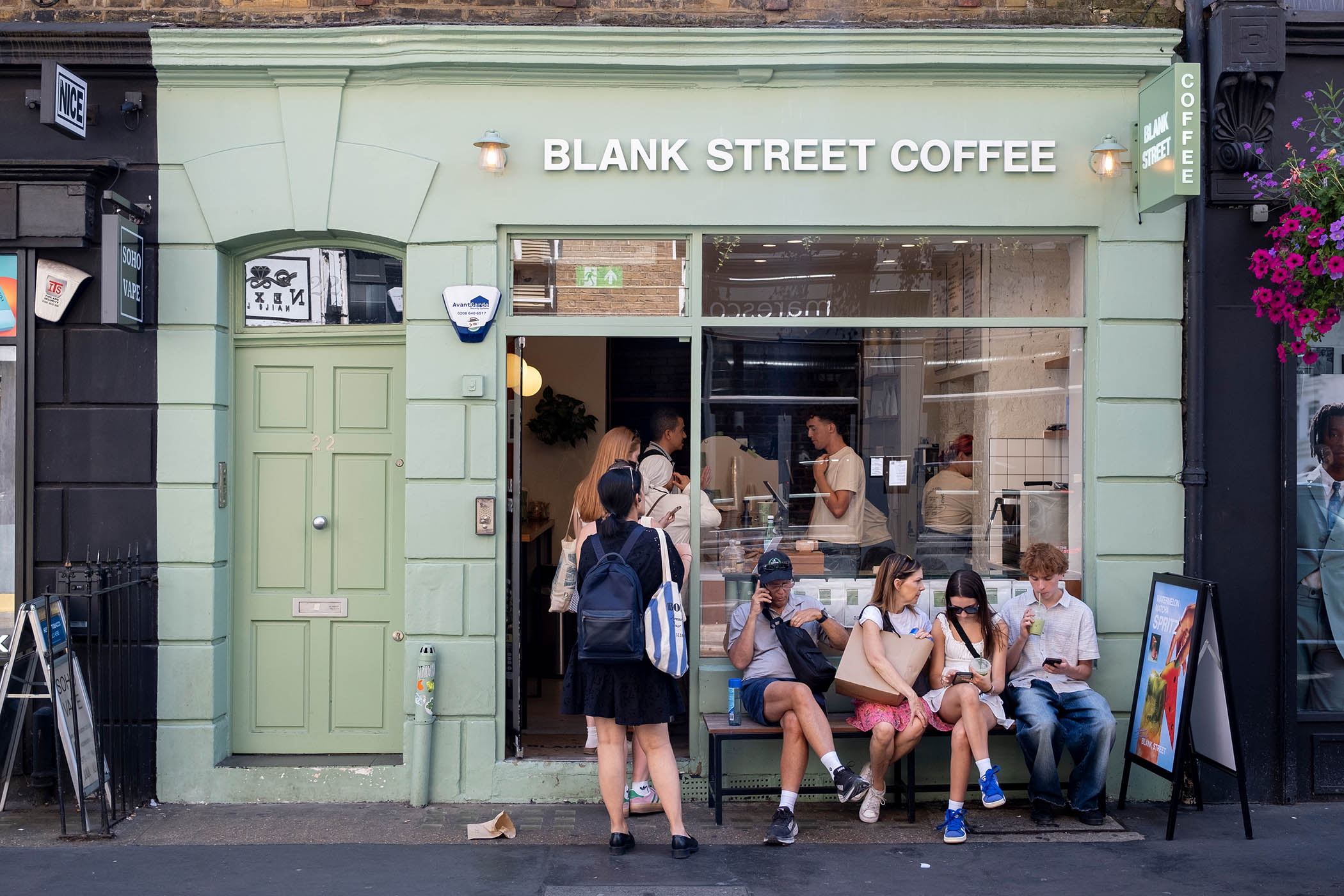Takeovers of UK restaurants have doubled in the past 12 months and are “a strong vote of confidence” in the sector, a report by TWM Solicitors found last week.
But industry experts are less bullish and point to major shifts in restaurant economics. Food inflation has climbed for the past five months. Since 2020, the price of a PizzaExpress margherita has doubled to £14.45, making a meal for a family of four £100 or more.
Meanwhile, restaurant wages have increased by 60% between 2020-25, largely driven by changes in the law. Rents on good sites are static or up, as are costs for utilities, regulation and construction. Competition remains intense with the “dark” kitchens that aggregate delivery services.
Deals are happening, but only for high-return models. Brands like Hawksmoor, Turtle Bay, the Ivy and Megan’s have yet to find buyers. At the hard end of the market, bottom feeders abound.
Dealmakers are steering clear unless they are specialist investors or the asset is exceptional. Flat Iron, Wingstop, Dishoom and Chopstix are rare examples. And it’s not about lack of capital – indeed, there is more so-called dry powder (undeployed funds) in private equity than ever.
In this environment, what changes the game? Some are betting on AI and automation to cut costs. Blank Street Coffee deploys $50,000 super-automatic espresso machines. Domino’s is trialling Domidog, a robot that can carry products to customers on the beach (while fending off seagulls). Others see the brand as the opportunity. Wingstop and Dave’s Hot Chicken deliver exceptional revenues from TikTok-driven marketing. Some, like Wagamama, are betting on the US and India.
Despite an uptick this year, it’s clear we’re still a long way from 2014 and the salad days of UK restaurant deals. PizzaExpress sold to Hony Capital for £920m and Prezzo to TPG for £304m. The sector saw party time for private equity.
But the party was brief. By 2018, Prezzo had closed 300 sites, writing off two-thirds of the buy price. By 2020, PizzaExpress was in the hands of lenders and Hony limped back to its Beijing HQ. Like the leggera pizza, where salad replaces dough, what appeared fresh and green disguised a giant hole. And the hole grew for a decade.
But restaurant M&A is cyclical and even super-cycles end. And private equity must sell. Jon Lake, the chief executive of Chopstix, is positive: “It’s all about confidence. When the big guns return to dealmaking, well-defined brands with a runway for growth will find buyers.”
Photograph by Mike Kemp/Getty Images
Newsletters
Choose the newsletters you want to receive
View more
For information about how The Observer protects your data, read our Privacy Policy
